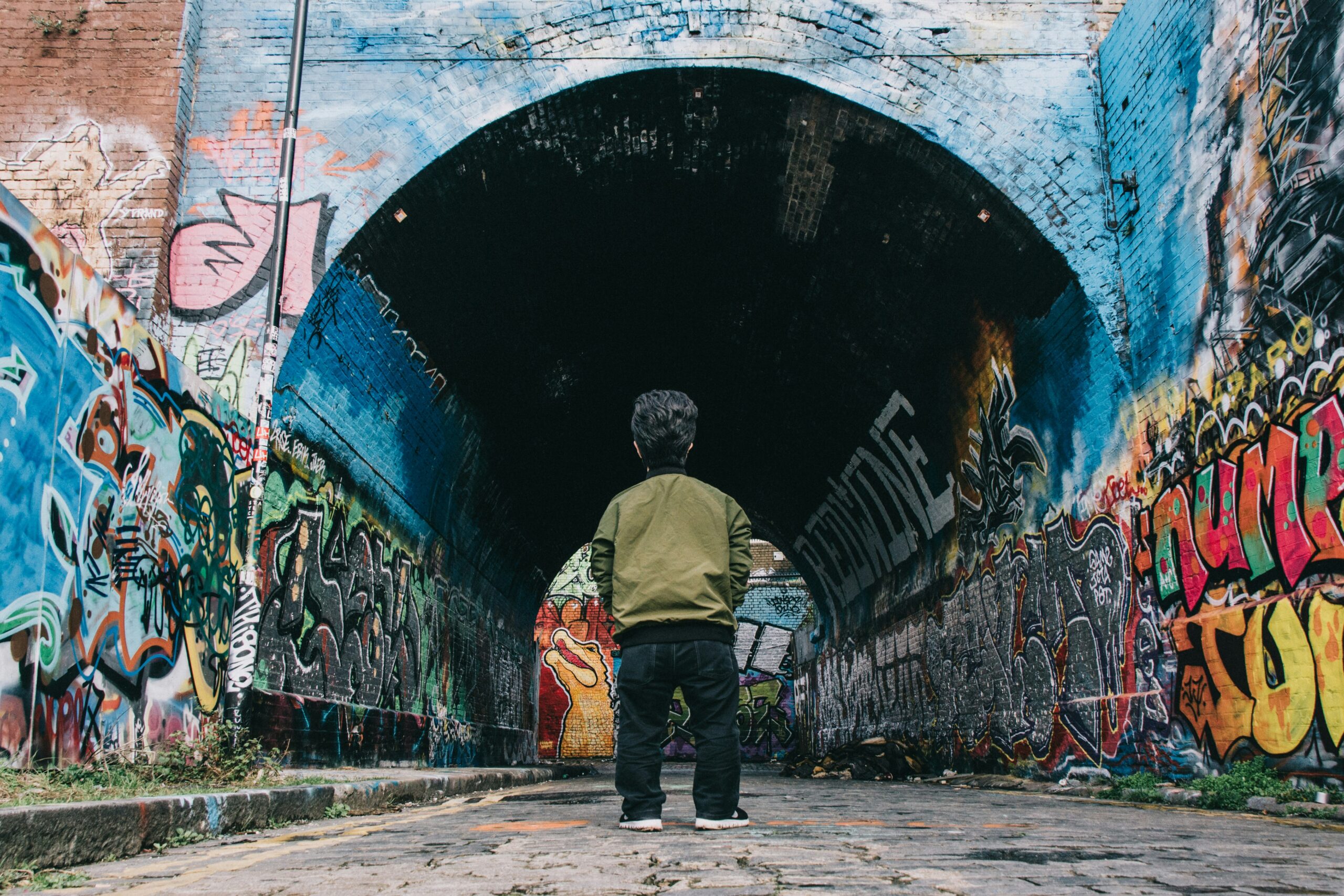Opinion

Moushumi Akter at paintings inside of Fakir Type Ltd., Bangladesh. Credit score: WaterAid/Fabeha Monir
– Because the devastating pictures of flooding in Pakistan went spherical the arena and the rustic declared a state of emergency, some 4,000 miles away in Stockholm, delegates had simply arrived for International Water Week – an annual point of interest for international water problems.
For a lot of the global attendees, lots of whom had been from the company international, the headlines had been a dangerous reminder no longer simplest of the ability and worth of water, but additionally of the issues of the worldwide device to regulate it correctly.
There will also be no debate that Pakistan’s newest flooding disaster has been exacerbated through the local weather disaster. With COP27 at the horizon in November, and the UN Water Convention happening in March subsequent yr, industry leaders, governments, and key stakeholders will have to propel water problems to the highest of the time table and deal with them past the boardroom and during provide chains.
It’s truthful to mention that the essential function companies need to play in securing sustainable get right of entry to to water has steadily been overpassed. Having a protected, dependable, and resilient water provide is very important for many manufacturing processes and the well being and wellbeing of workers – plus, it additionally makes sound monetary sense.
At International Water Week, WaterAid introduced its newest analysis ’Boosting Trade: why making an investment in water, sanitation and hygiene will pay off’ to reveal to corporations the industry advantages and attainable monetary returns of making an investment in those amenities.
This pioneering, first-of-its-kind analysis used to be funded through Diageo, Hole Inc., HSBC, Twinings and ekaterra (prior to now a part of Unilever). Analysis happened over 4 years, in 4 other international locations, throughout 4 other sectors – together with tea manufacturing, the clothes and leather-based business and smallholder farming.
The WaterAid point of view:
The quantitative side of our pilot is necessary because it’s all about how and why making an investment in faucets, bathrooms and hygiene behaviour alternate is just right for industry. We had been ready not to simplest perform thought-provoking mission paintings with tangible advantages for the team of workers and wider communities, however we had been additionally ready to quantify how that then impacted upon productiveness; what number of denims had been sewn in combination, how a lot tea used to be picked, how a lot absenteeism fell, how a lot the firms paid on clinical expenses diminished and so forth. We then extrapolated this information into standout figures – the go back on funding (ROI).
In a nutshell putting in blank water and respectable sanitation amenities is helping workers keep wholesome. This implies much less absenteeism, decrease clinical prices, stepped forward morale, and productiveness. For each and every $1 invested in blank water, our analysis confirmed the attire and leather-based sectors mixed won a $1.32 go back on funding and the tea sector tasks a $2.05 go back.
To spotlight the stand-out examples – probably the most ready-made garment (RMG) factories in Bangladesh confirmed a ROI of $9 on each and every $1 invested in WASH, while in probably the most Twinings’ tea property plantations in India, there used to be a $5 to $1 ROI throughout the pilot programme.
With persisted funding over a ten-year length, the returns are even higher – certainly probably the most RMG factories is projected to have $30 to $1 ROI – and if corporations enhance their workers’ communities as neatly, considerably extra other folks will get advantages.
It’s essential to additionally imagine that some companies might be get rid of through the preliminary capital expenditure, and the truth that the returns don’t seem to be at all times rapid. Then again, cheap answers can steadily supply giant ends up in the long-term.
Built-in inside of that is hygiene, which was an issue for board-level attention throughout the pandemic and the surprising consideration the arena gave to enhanced handwashing has supplied lasting affect as the primary and maximum cost-effective defence towards an infection.
The important thing now’s to take into consideration methods to handle that really useful shift in behaviour. Each and every administrative center is other, however it’s time for corporations to position the wellbeing in their team of workers on the middle in their industry methods and make water, sanitation and hygiene a concern.
The industry point of view:
At Diageo, we strongly imagine that, as get right of entry to to scrub water and sanitation are basic human rights, all efforts must be made to succeed in this international function. Get entry to to water is central to gaining an training, maintaining well being and lengthening employability, and it addresses gender inequalities in communities, since ladies raise many of the burden of water assortment.
We absolutely admire the giant certain affect of funding in WASH and selected to be a key industry spouse on this ground-breaking find out about so lets after all end up the case for funding via cast analysis and information, and percentage the message with different companies.
We can take the findings and incorporate them throughout our industry methods. The robust, quantitative proof is what we want to enhance the funding in WASH amenities which play a key a part of our Environmental, Social and Governance (ESG) motion plan: Spirit of Development 2030, and we have now the knowledge and proof to boost up this paintings even additional.
Long term-proofing provide chains
Making an investment in water and sanitation amenities will have to be regarded as a core industry precedence and a part of a water stewardship technique, quite than an act of philanthropy or company social duty. Not to be observed as a charity gesture, or some way of green-washing the industry, however as a smart and sensible solution to future-proof: for communities and for companies to thrive.
Companies will have to now assume past the rapid manufacturing facility fence and glance to their provide chains and to their workers’ welfare inside of.
As extra excessive climate occasions occur globally, and ever-growing populations imply expanding call for for water, extra corporations want to practice swimsuit and feature a better presence at the international degree to handle the disaster. Companies have a vested passion in securing sustainable get right of entry to to water, and now, a transparent monetary incentive to verify lasting alternate.
If companies, governments, and civil society rally in combination, essential ESG standards will also be addressed, and sustainable building objectives (SDGs) to succeed in 100% get right of entry to to protected and sustainable water, bathrooms and hygiene amenities through 2030, will also be fulfilled.
*Ruth Loftus is Senior Non-public Sector Marketing consultant at WaterAid and Michael Alexander is World Head of Water, Setting and Agriculture Sustainability at Diageo.
IPS UN Bureau


























